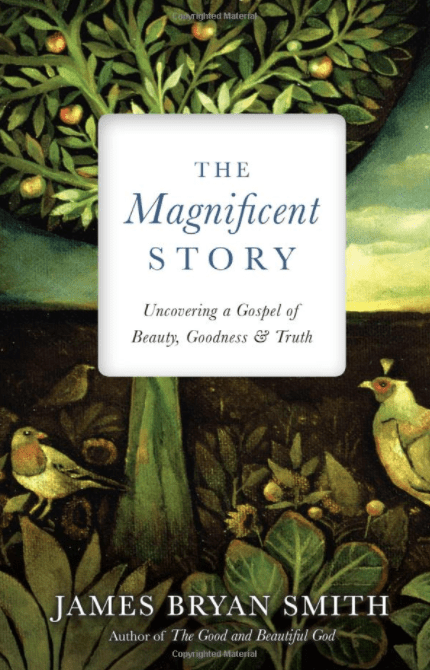 This post is by John Frye. What John is talking about in this first paragraph was a long-time coming and I’m grateful to pastor after pastor who has helped me “get it.” Thanks John.
This post is by John Frye. What John is talking about in this first paragraph was a long-time coming and I’m grateful to pastor after pastor who has helped me “get it.” Thanks John.
I have often felt in Scot McKnight’s writings that he has a genuine pastor’s heart. This is not to detract from his exceptional scholarship in Jesus studies and New Testament commentary. I believe his pastoral sensitivities enhance his calling as a scholar-professor-author. Portions of Scot’s Story of God Bible Commentary: The Sermon on the Mount reflect pastoral wisdom and honesty.
I have in mind a section on unanswered prayer. Scot writes, “The single biggest discouragement in prayer is unanswered, deeply felt petitions. …I have no answer to the problem of unanswered prayer, and frankly the typical answers don’t do much for me—that God does answer but not the way we expected, that we are to keep on praying, that we are out of God’s will, that our motives are impure, that we are really only learning to adjust our will to God’s will, that we really don’t want what we are asking, that the answers are given as ‘yes, no, or wait a little longer.’ None of these really get to the heart of the heartfelt yearning for God to act. I don’t appeal to mystery. Instead, I focus on who God is, and I continue to lay my petitions before God in faith, trust, and hope. Sometimes hope lags behind our petitions, and sometimes hope sustains us. But I keep on praying because I believe God is good. Sometimes it is discouraging, and I’d be a liar if I didn’t admit it” (246). Consider two pastoral vibrations in this quote
First, “I have no answer for unanswered prayer. … frankly, the typical answers don’t do much for me. …Sometimes it is discouraging, and I’d be a liar if I didn’t admit it.” As a pastor, I have come to believe that honesty and holiness are identical twins. The problem with hypocrisy is the dishonesty, the deceit. How often do we hear exceptional scholars admit, “I don’t know. I don’t have an answer” on something as basic as prayer? King David confessed that God “desires truth in the inner parts.” Honesty, reality, and holiness are clean like light, refreshing as cool water, simple to grasp, not cumbersome.
Second, discernment: Scot is not willing to be judged for unanswered prayer or to take God off the hook for not answering. The “typical answers” that he lists are these (my comments):
–God answers but not the way we expected (a non-answer)
–we have to keep on praying (Oh.)
–we are out of God’s will (that’s encouraging…not)
–our motives are impure (says an insider spiritual trader)
–we must adjust our will to God’s will (sounds easy, eh?)
–we really don’t want what we are asking (what, are we idiots?)
–God answers “yes, no, or wait a little longer” (prayer roulette)
–it’s a mystery (“God works in mysterious ways.”)
These typical responses are echoes of Job’s friends who had it all figured out for Job. Job would have none of it. Pastors have to swim against this current of popular theology spouted by so many contemporary Job’s friends.
Scot does keep praying and his prayers aren’t based on God answering or not, but on the character of God as good. Who said that disappointment in prayer is a bad thing? Maybe those conditioned in our hyper-therapeutic culture where all ills and disappointments are bad and need to be healed or numbed. Pastors are discerners, not answering machines.










